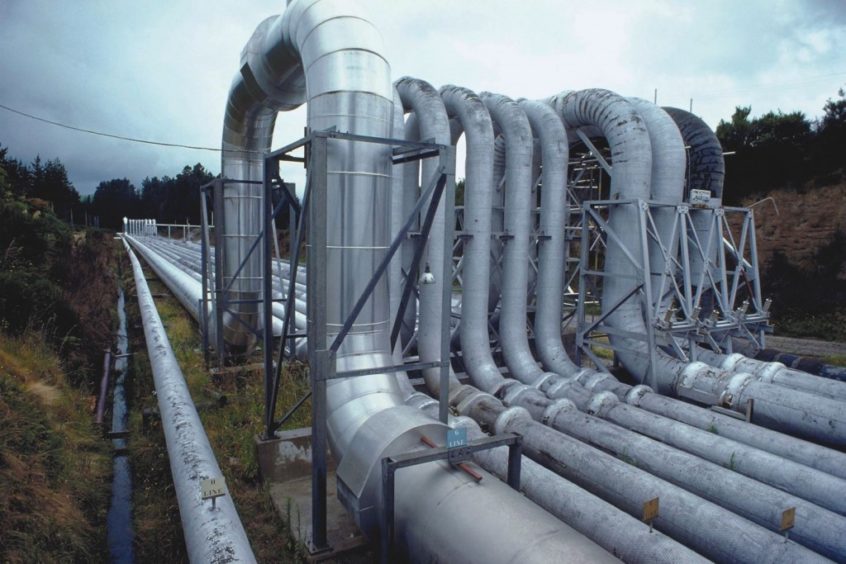
The major Dangote Refinery project, near Lagos, will come on stream “latest by the middle of next year”, Nigerian National Petroleum Corp. (NNPC) head Mele Kyari has said.
“The projection is the first quarter,” Kyari said, saying the addition of this facility, plus Nigeria’s existing refineries, would cut fuel imports to zero. The NNPC boss was addressing a group of journalists today on a range of issues.
In January, Dangote officials put the start up of the plant by the end of 2022. It had originally been planned for 2017-18.
Nigeria has four refineries, but utilisation is low. NNPC is taking on debt and bringing in external managers to run the four plants.
Even if all four of these refineries were running at 90%, and producing 18 million litres of petrol, Kyari said, the country would still be in a net deficit. “The population has grown, demand has grown, the middle class has grown. There’s near exponential growth in the need for PMS and it’s not going to stop.”
NNPC holds a 20% stake in the Dangote refinery. This gives the company the right of first refusal to supply crude to the plant, in addition to taking 20% of the products.
The Dangote plant will produce more “gasoline than in a typical refinery at 50mn litres of PMS. That, and our own refineries, will not see any import of fuel into the country next year. By mid next year, everything will change.”
The addition of the smaller condensate refineries, should they move ahead, will see Nigeria become a net exporter, Kyari said.
While NNPC has benefited from higher sales revenues, it continues to lose substantial volumes of oil to theft – and the threat of theft.
Bunkering woes
Kyari talked extensively on the topic of security. “We know the people involved”, he said. “Beyond the small rats we arrest we are going after everyone else.” The Economic and Financial Crimes Commission (EFCC) is “pursuing the cash”, he said. “There are oil workers, maybe NNPC workers, people from the communities, even high flyers. The government is going after them.”
Nigeria’s oil production has fallen this year, as theft has increased. High-ranking officials in the Nigerian Navy have taken issue with NNPC’s statements on the volume of theft, disputing figures of 200,000-400,000 bpd.
Kyari said this number, though, included disrupted exports and shortfalls in production. “We deliberately shut down pipelines whenever we see infractions we cannot control,” he said. “We believe strongly that up to 200,000 bpd is stolen, but not in barges.”
The NNPC head said thieves had constructed their own pipelines, up to 4 km long, running to their own vessels.
One of the ways in which the authorities are cracking down on bunkering is through securing private expertise. Kyari said the deal with a company owned by former militant Government Ekpemupolo, known as Tompolo, had been agreed following a tender.
“We are dealing with a company, we are not dealing with Tompolo. We believe we have taken the right decision.”
